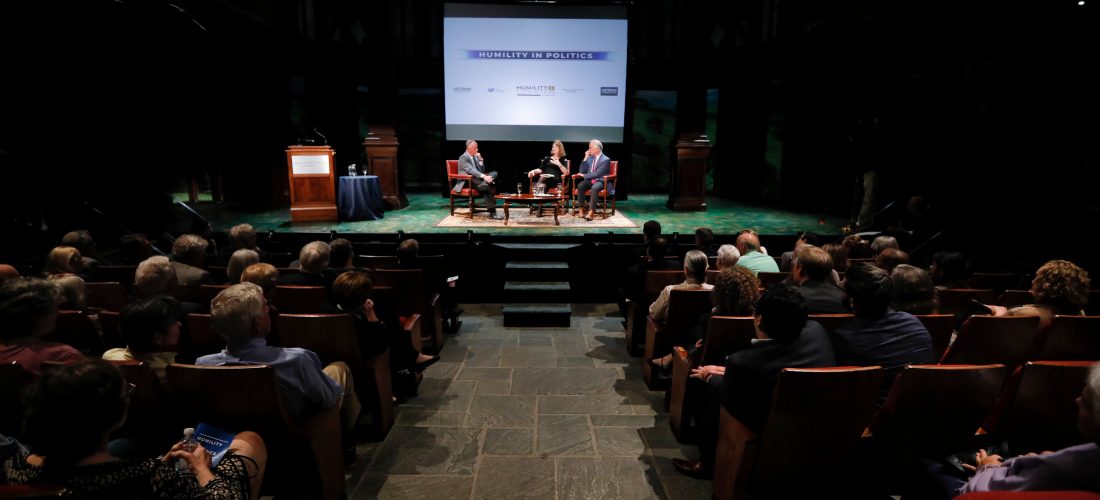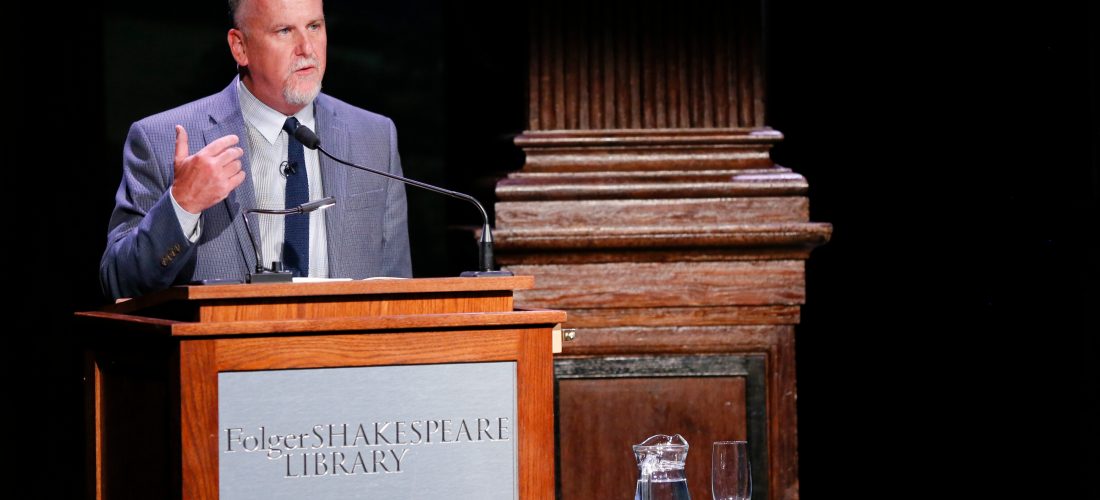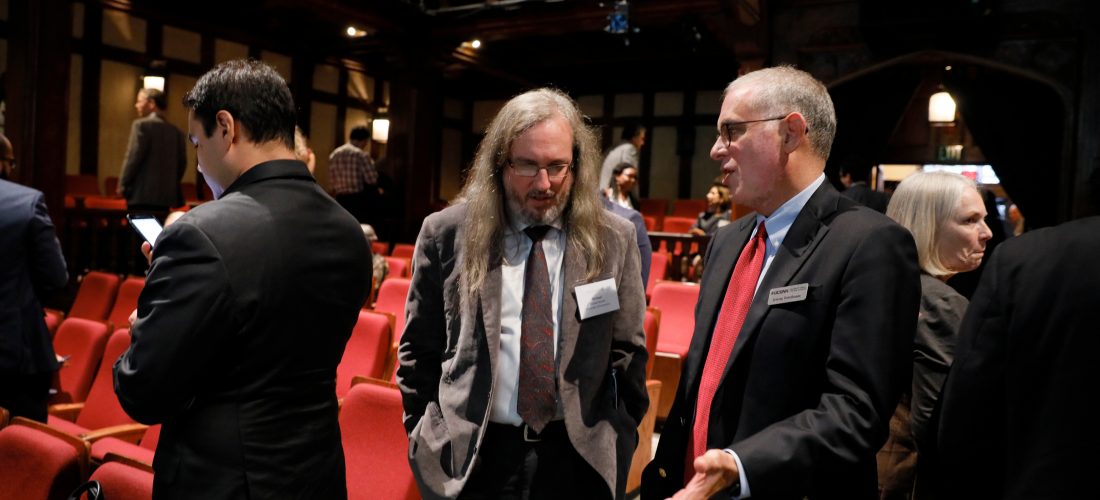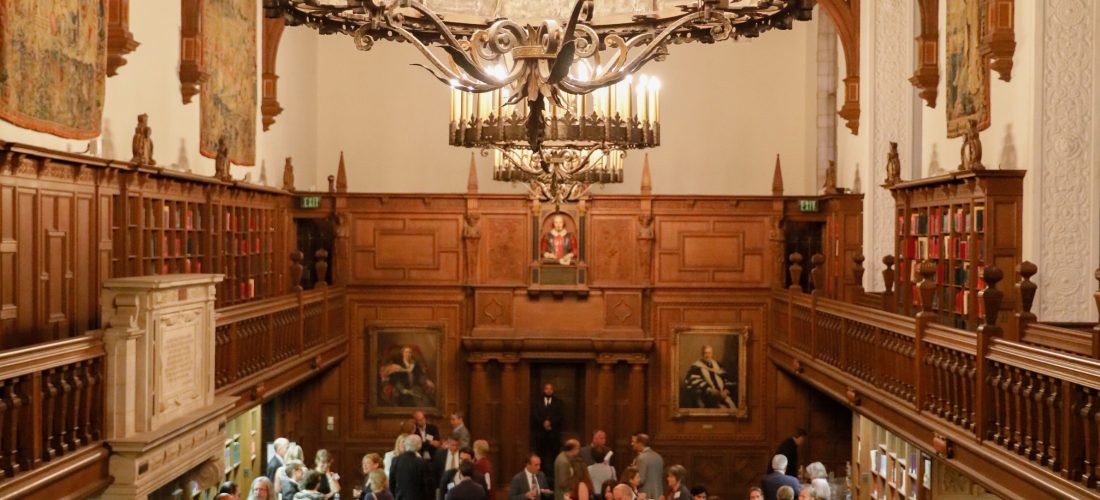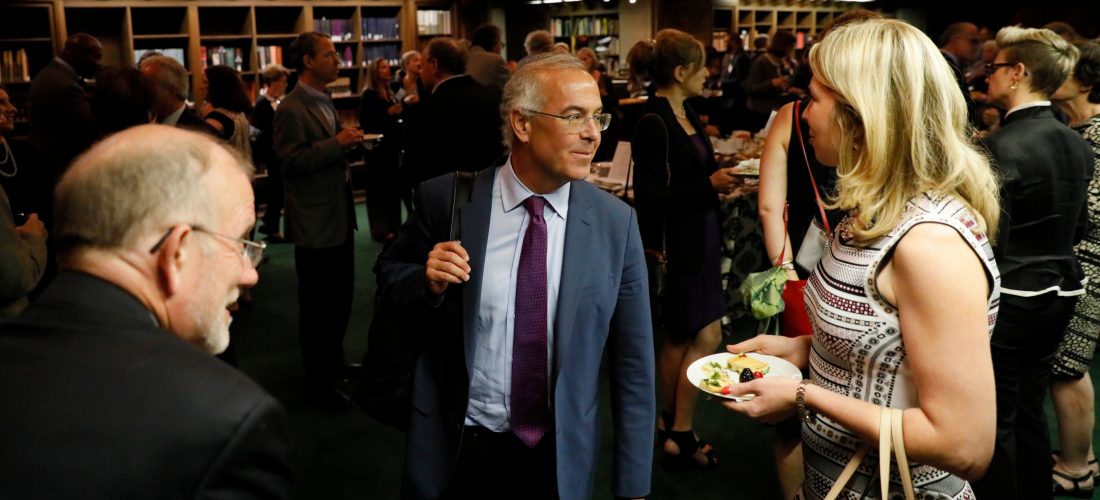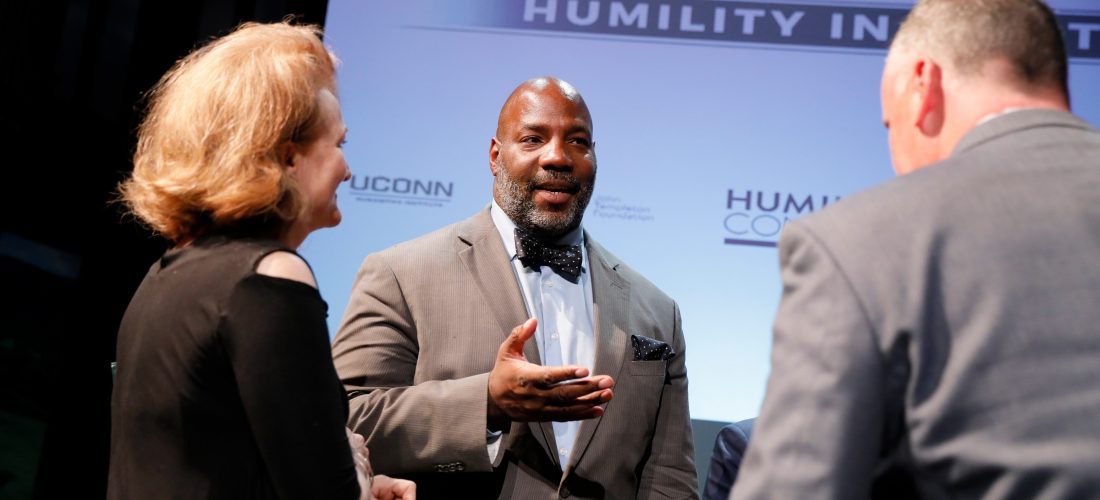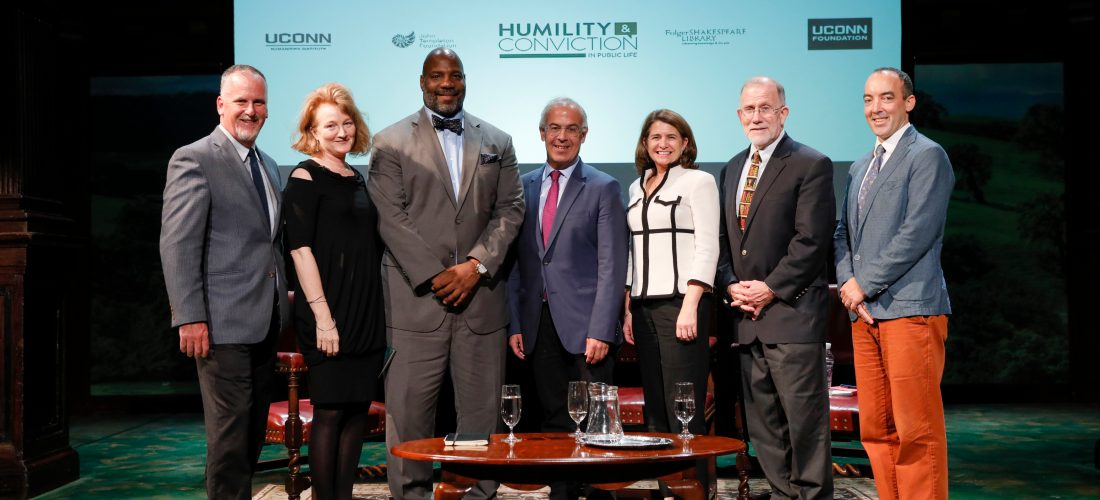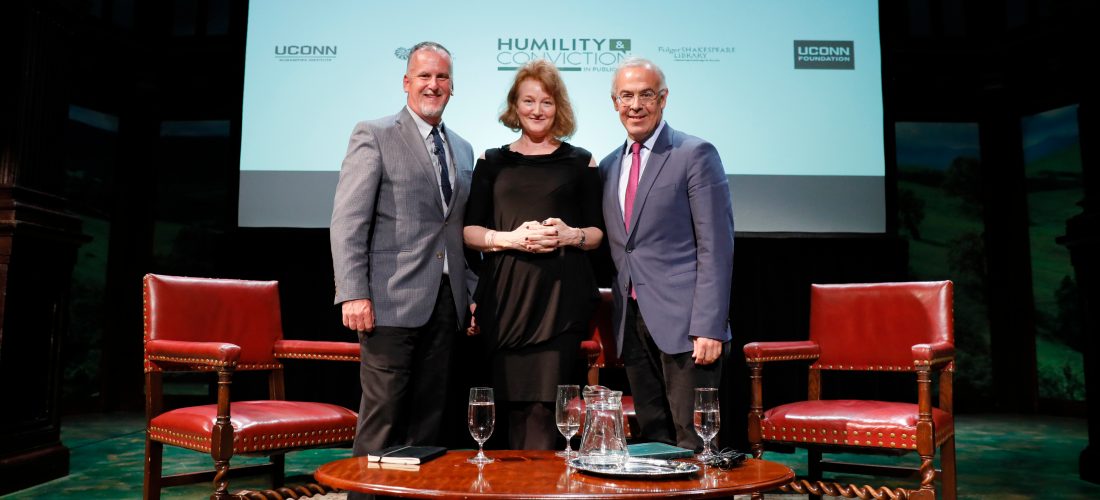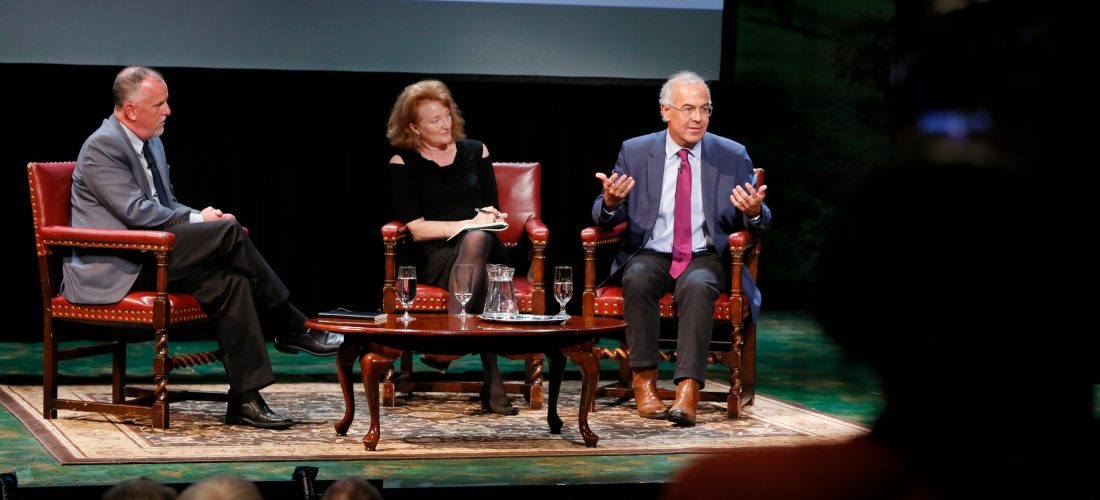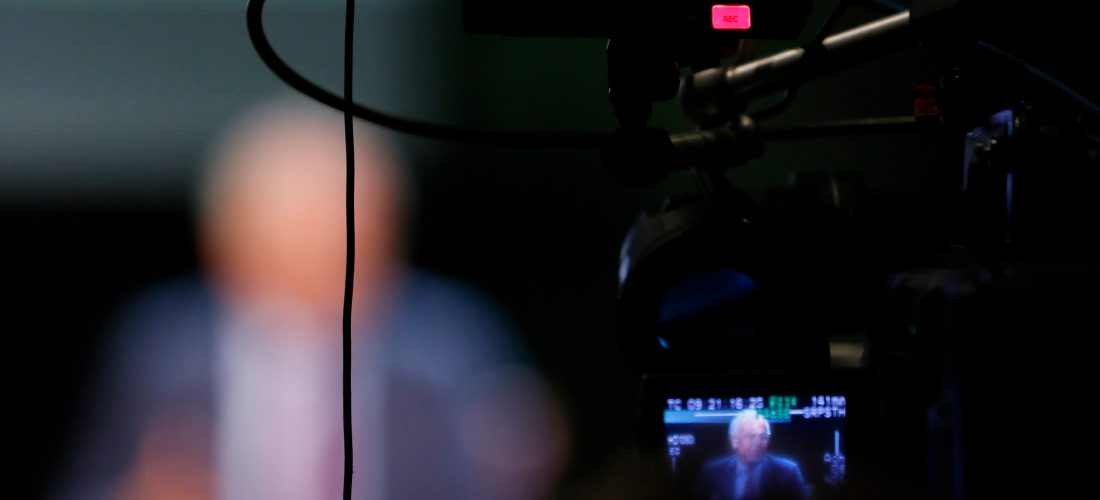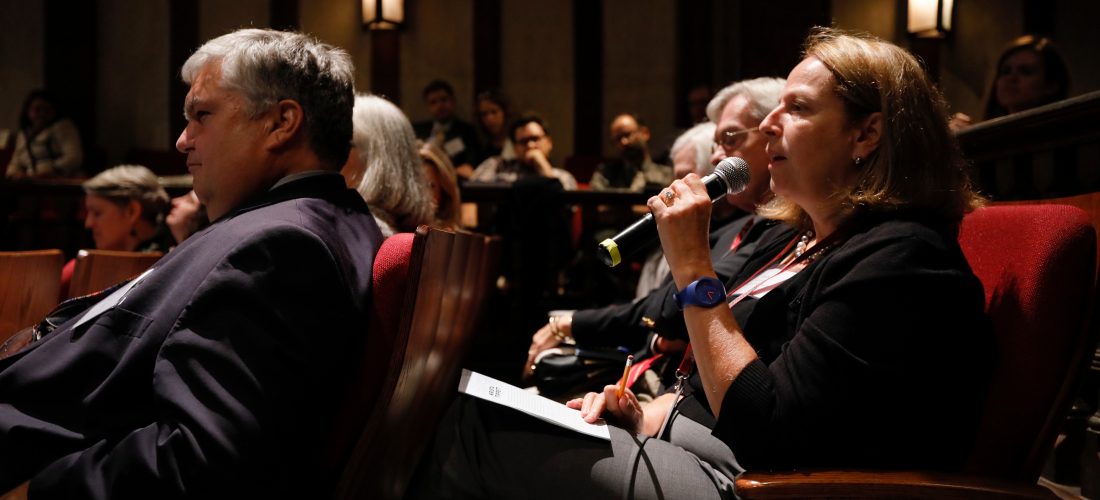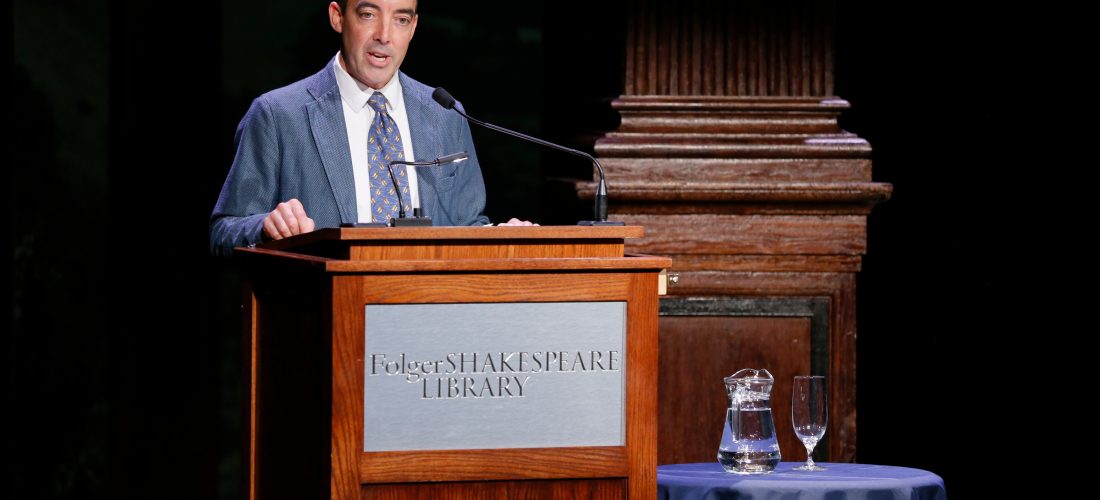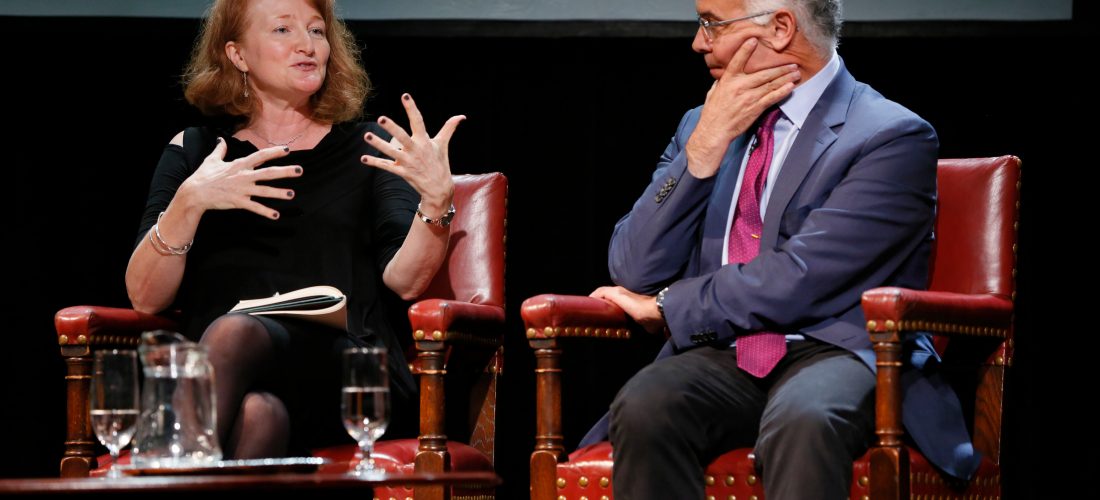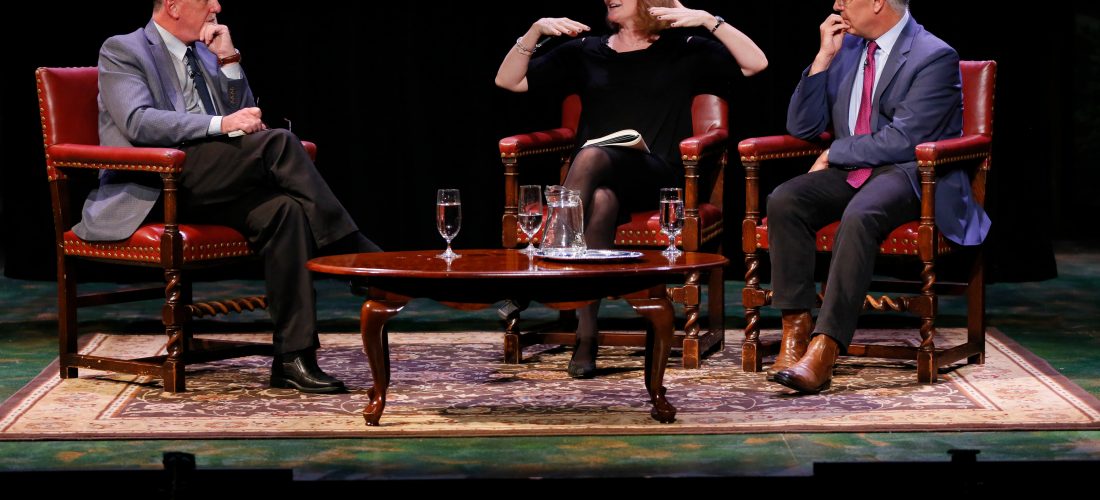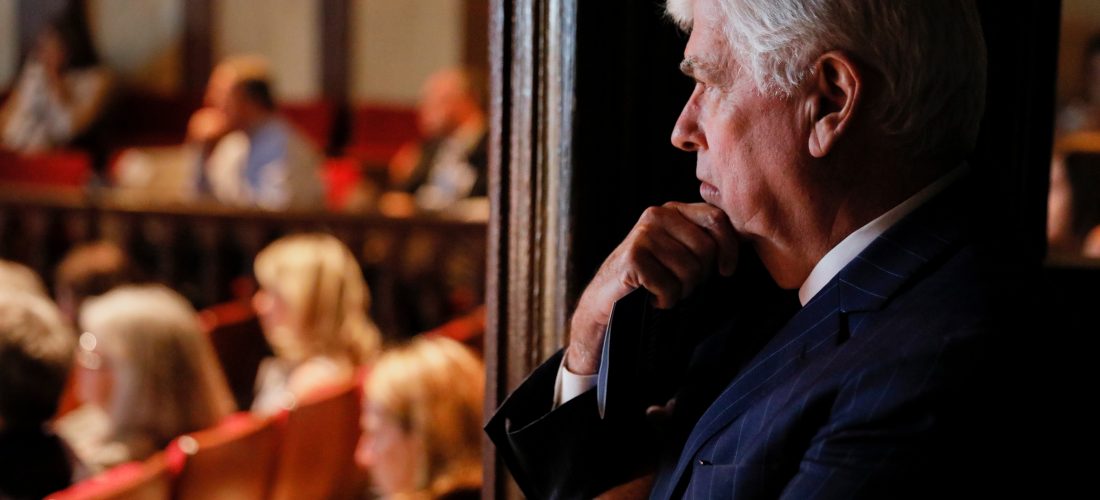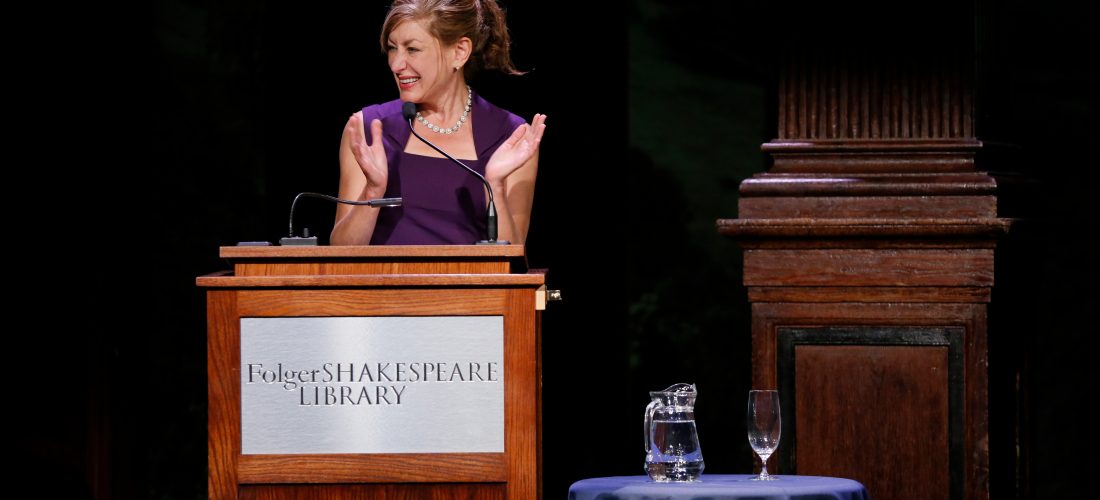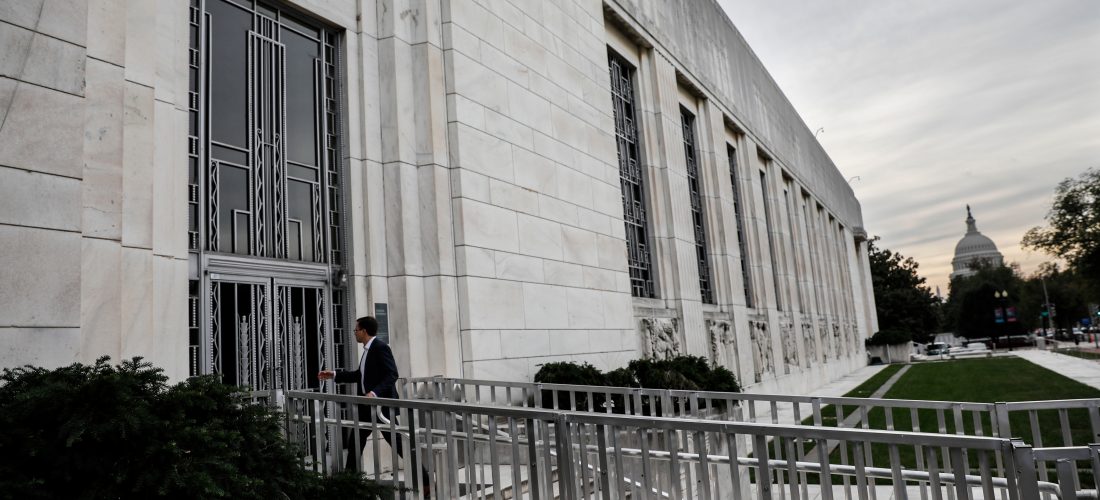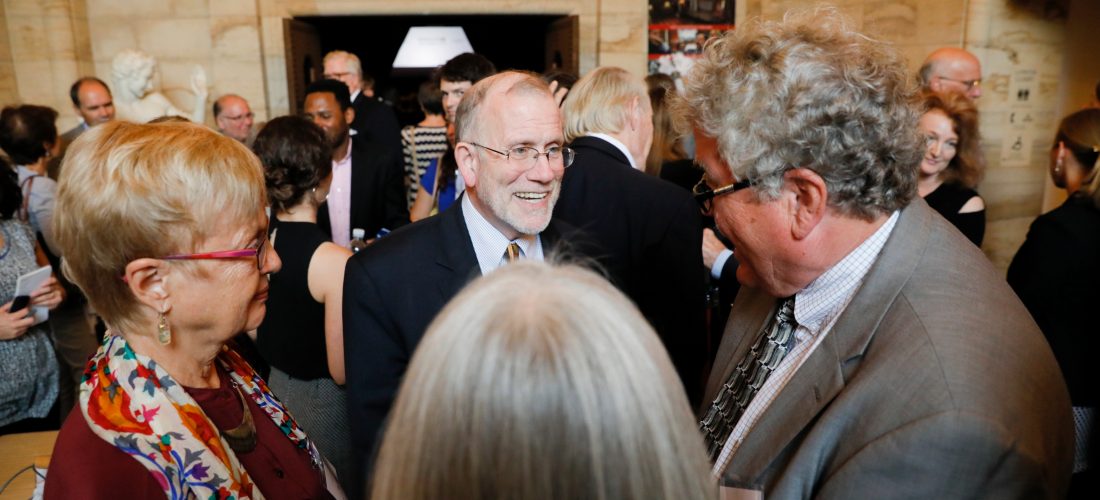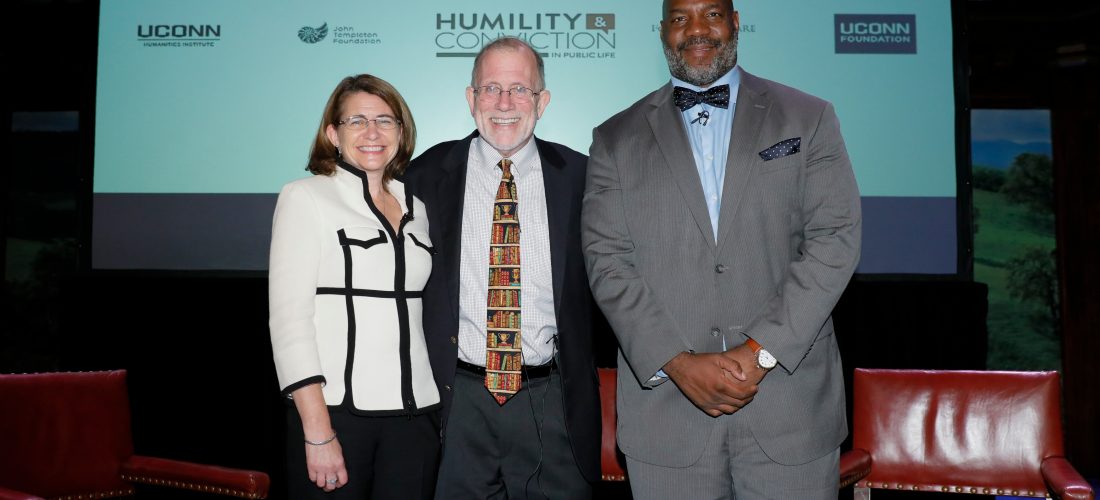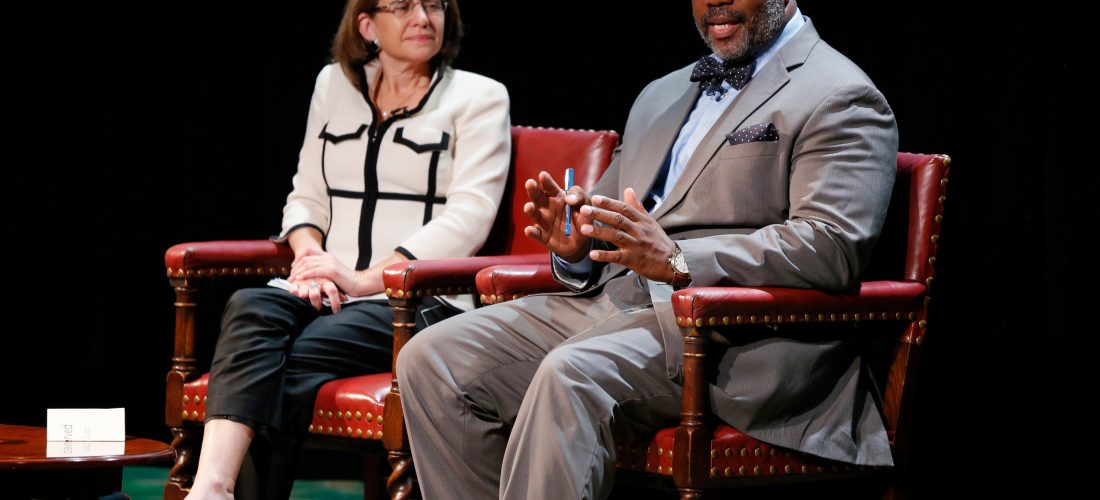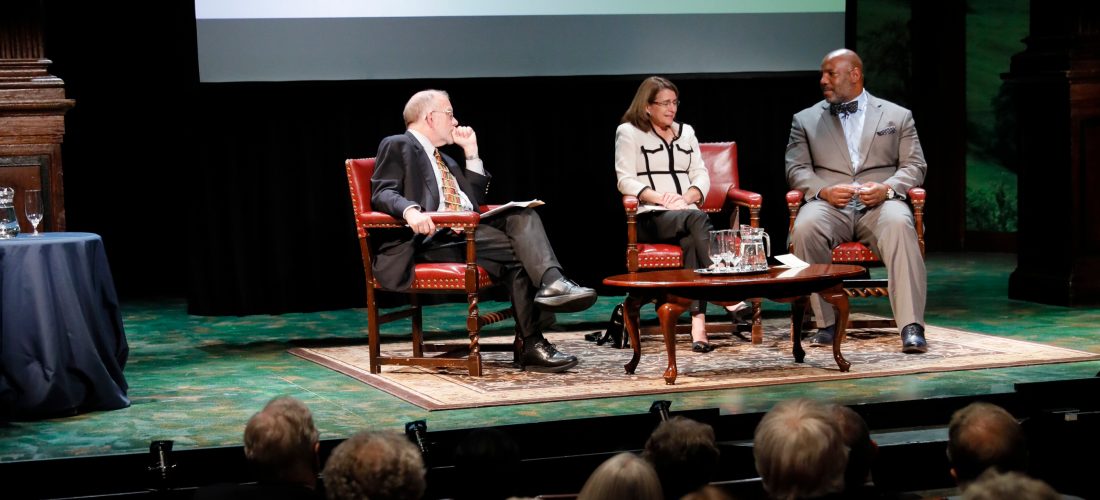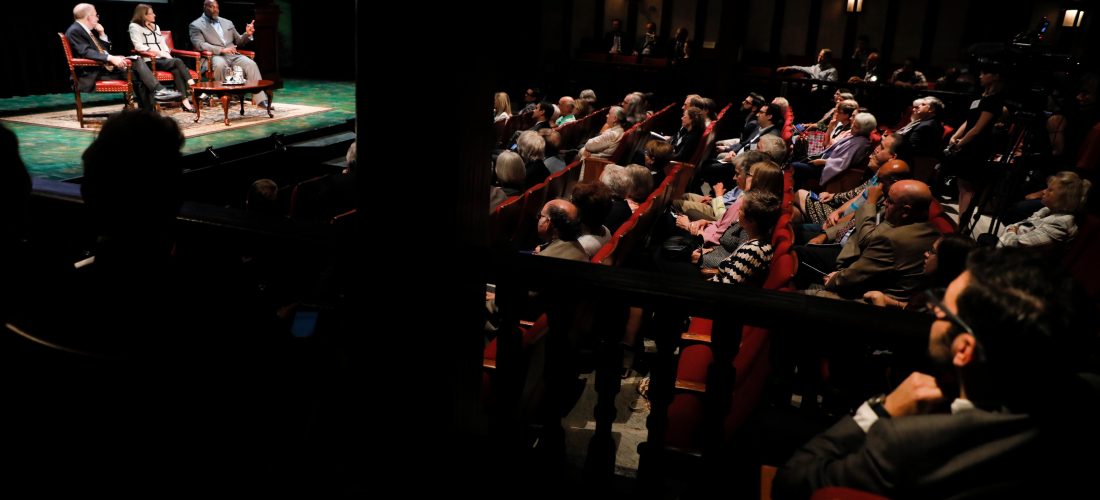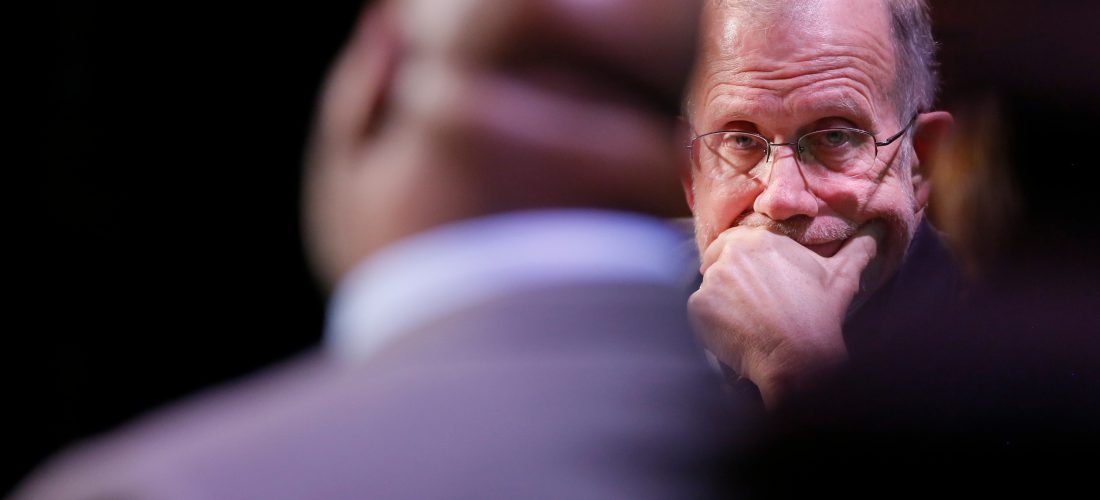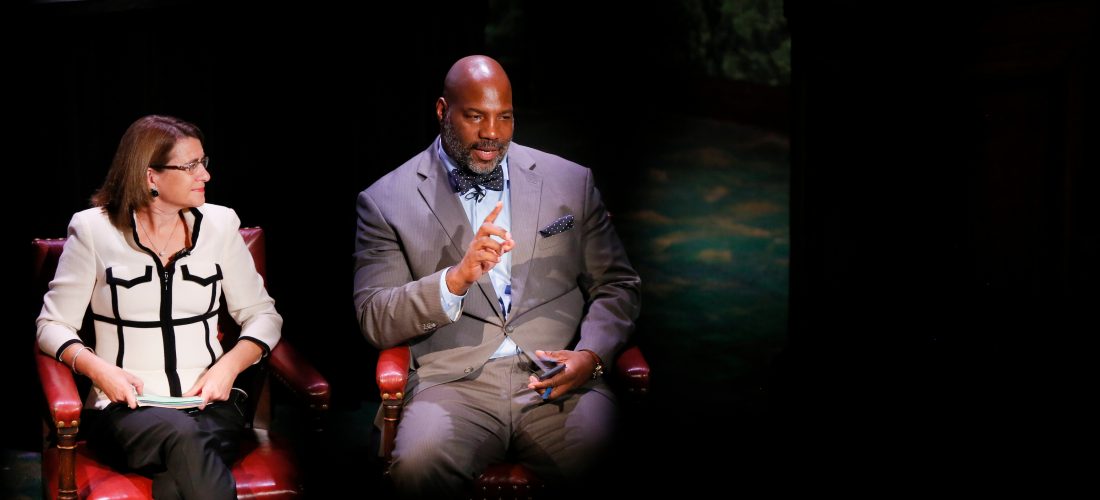Forums
Midpoint Forum: Talking About Faith and Politics
On April 25, 2018, Humility and Conviction in Public Life and CTForum hosted its Midpoint Forum “Talking About Faith and Politics: Navigating our difference with humility and conviction,” at the Wadsworth Atheneum museum in Hartford. With an introduction by Philosopher, Project co-PI, and director of the UConn Humanities Institute Michael Lynch, and moderated by John Dankosky, the editor of the New England News Collaborative, the lively conversation included some of the nation’s leading thinkers about the intersection of religion and politics. The panel, political commentator and former presidential advisor David Gergen, educator and founding director of Resetting the Table, Rabbi Melissa Weintraub, and founding director of the Interfaith Youth Core, Eboo Patel, discussed a wide range of topics from intellectual and religious diversity on college campuses and humility amongst our political leaders, to the type of religious diversity intended by the founding fathers.

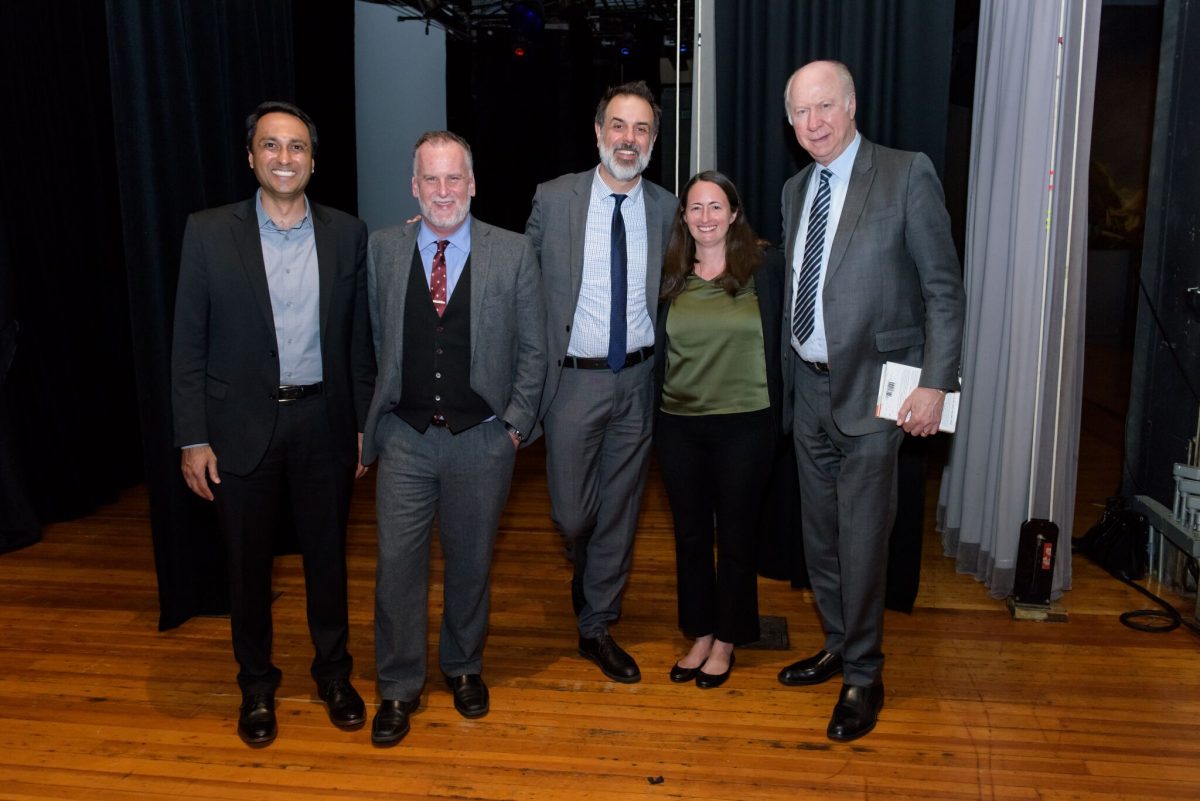

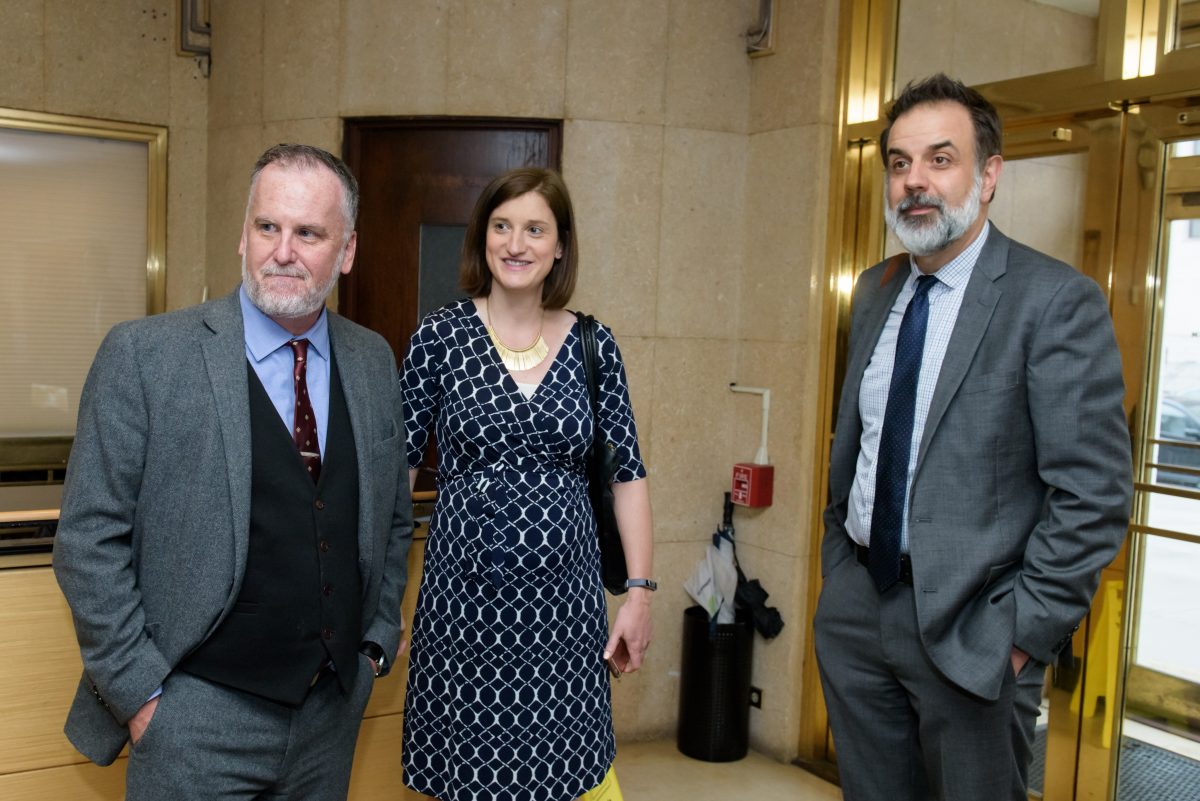
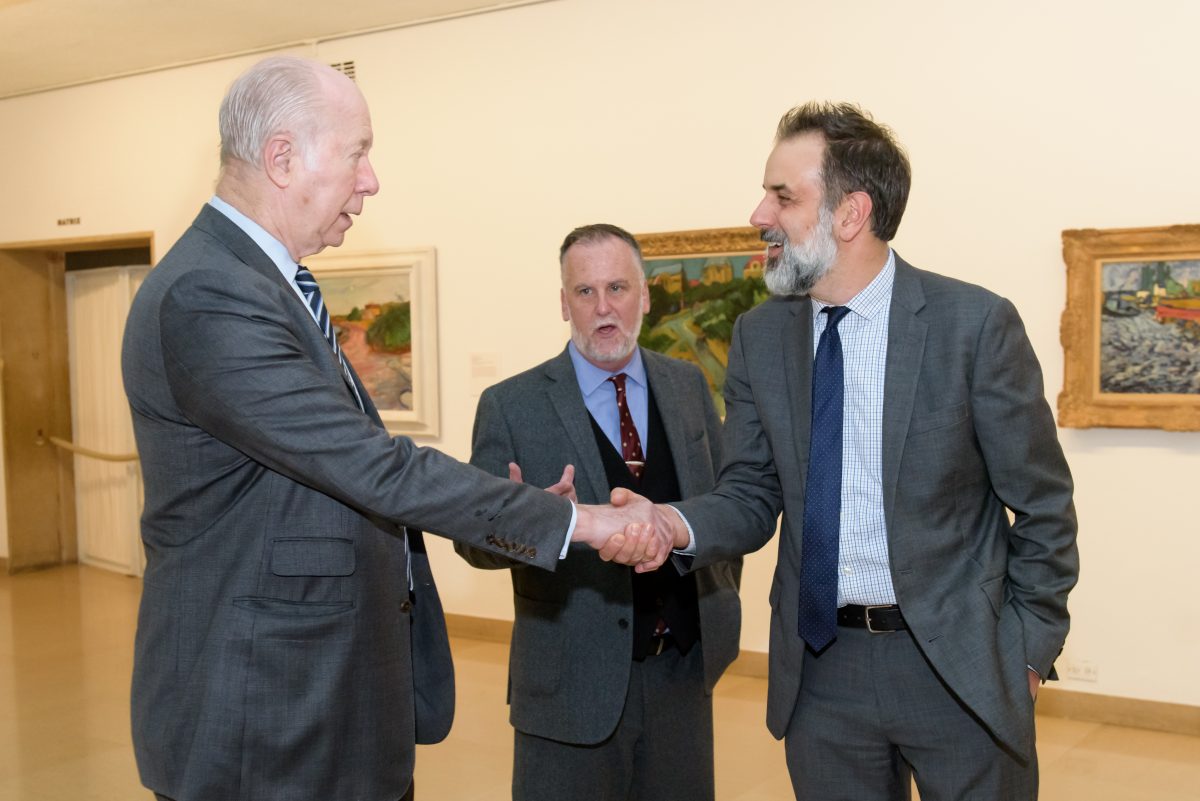
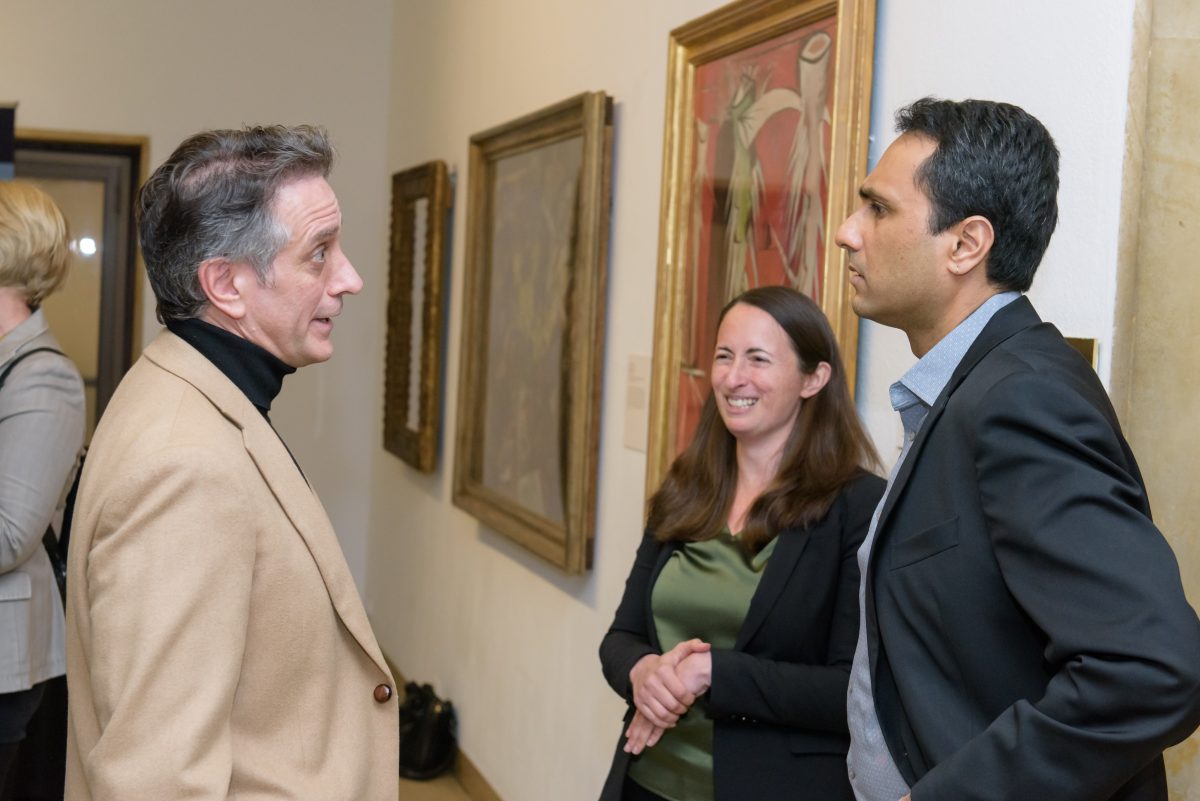
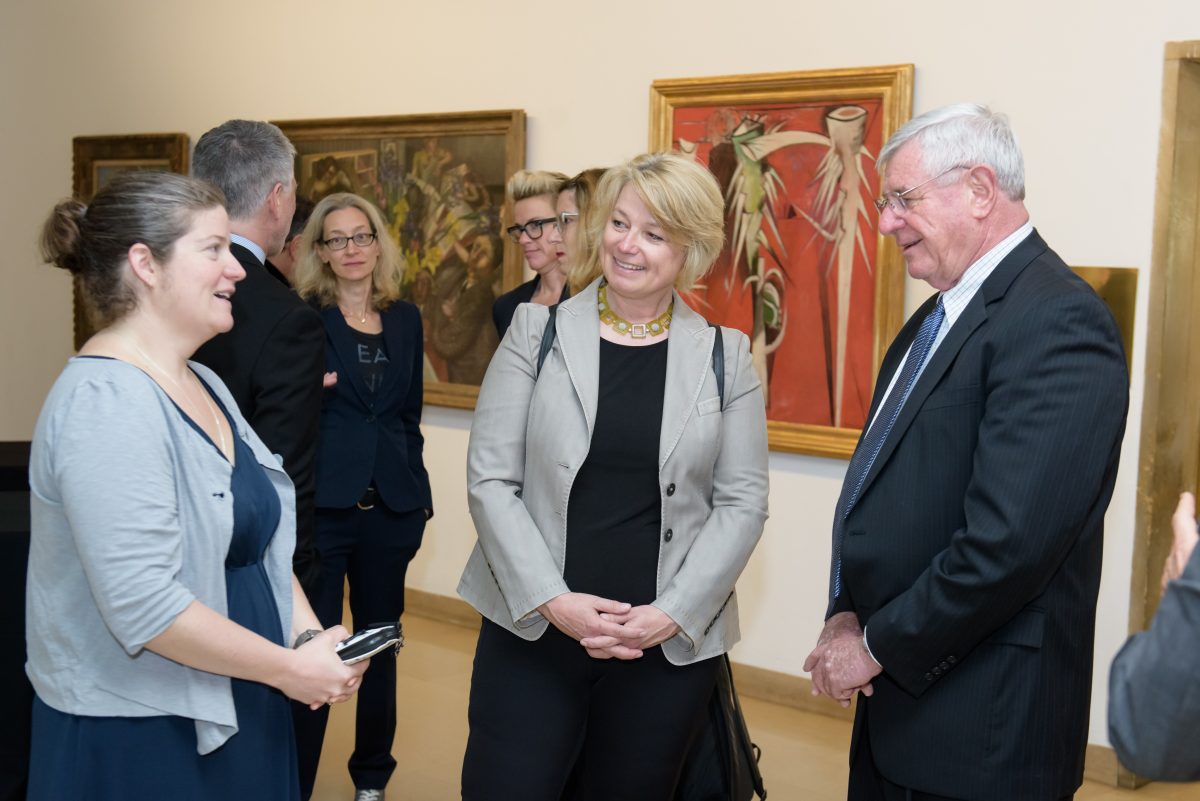
“Humility In Politics” Event Kicks Off UConn’s Public Discourse Research Project
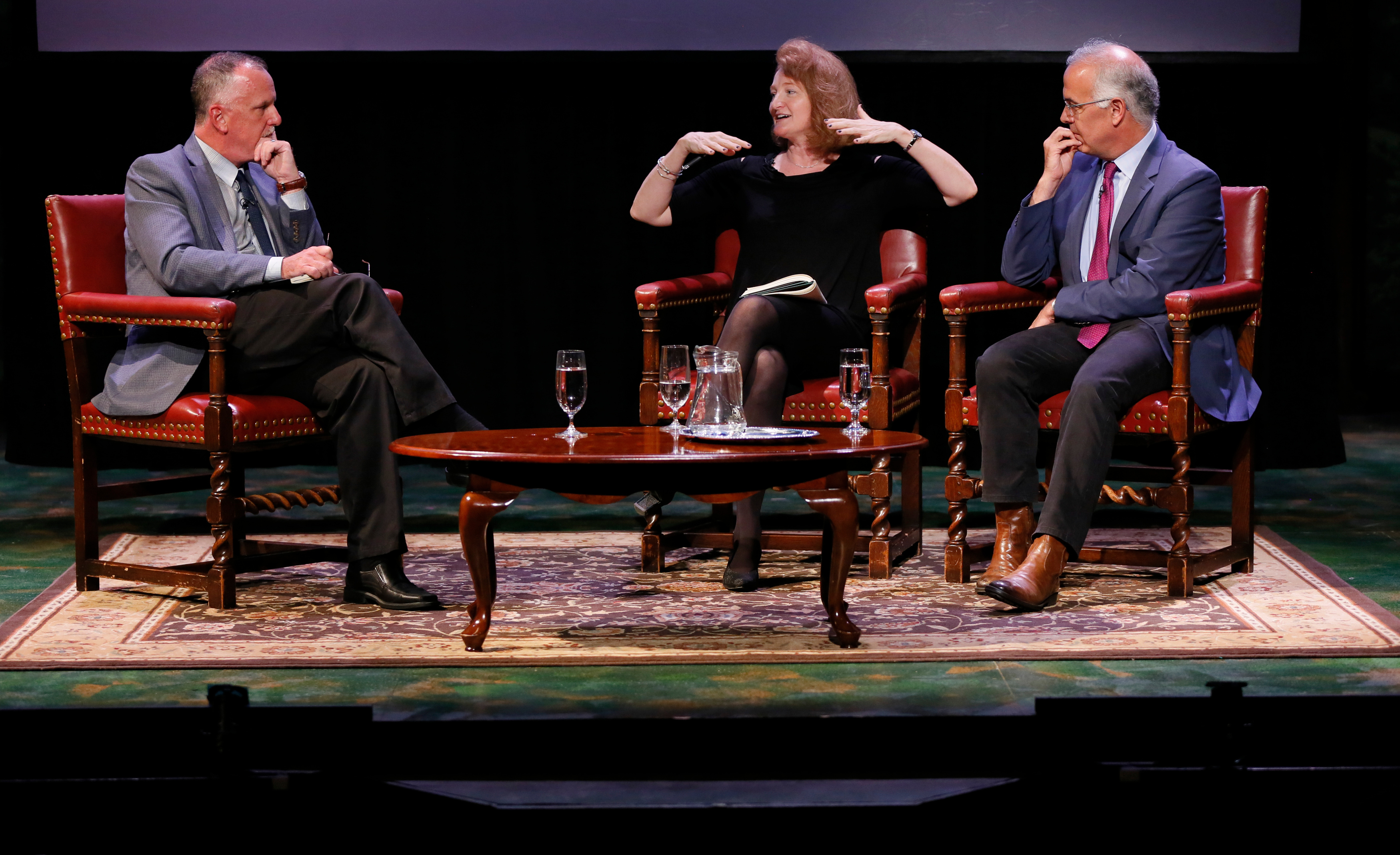
Humility and vulnerability are no longer values that are rewarded in the political arena, and it’s up to individuals, and their relationships, to begin a sea change that could “trickle up” into political leadership.
That was the message Tuesday evening as prominent political figures, journalists, educators, academics and nonprofit leaders came together for a public forum, titled “Humility in Politics,” in Washington, D.C.
The event, sponsored by UConn’s Humanities Institute and a $5.75 million investment in UConn by the John Templeton Foundation, kicked off a three-year research initiative, aptly named The Humility and Conviction in Public Life project.
The project aims to investigate how intellectual humility – through being aware of our own innate biases and responses to new evidence – can overcome current political divisiveness.
“This is an unprecedented attempt to apply humanities and social science research to solve problems in the political sphere,” said Michael Lynch, professor of philosophy and director of the Humanities Institute, in his opening remarks.
read more
